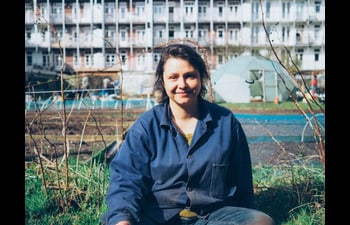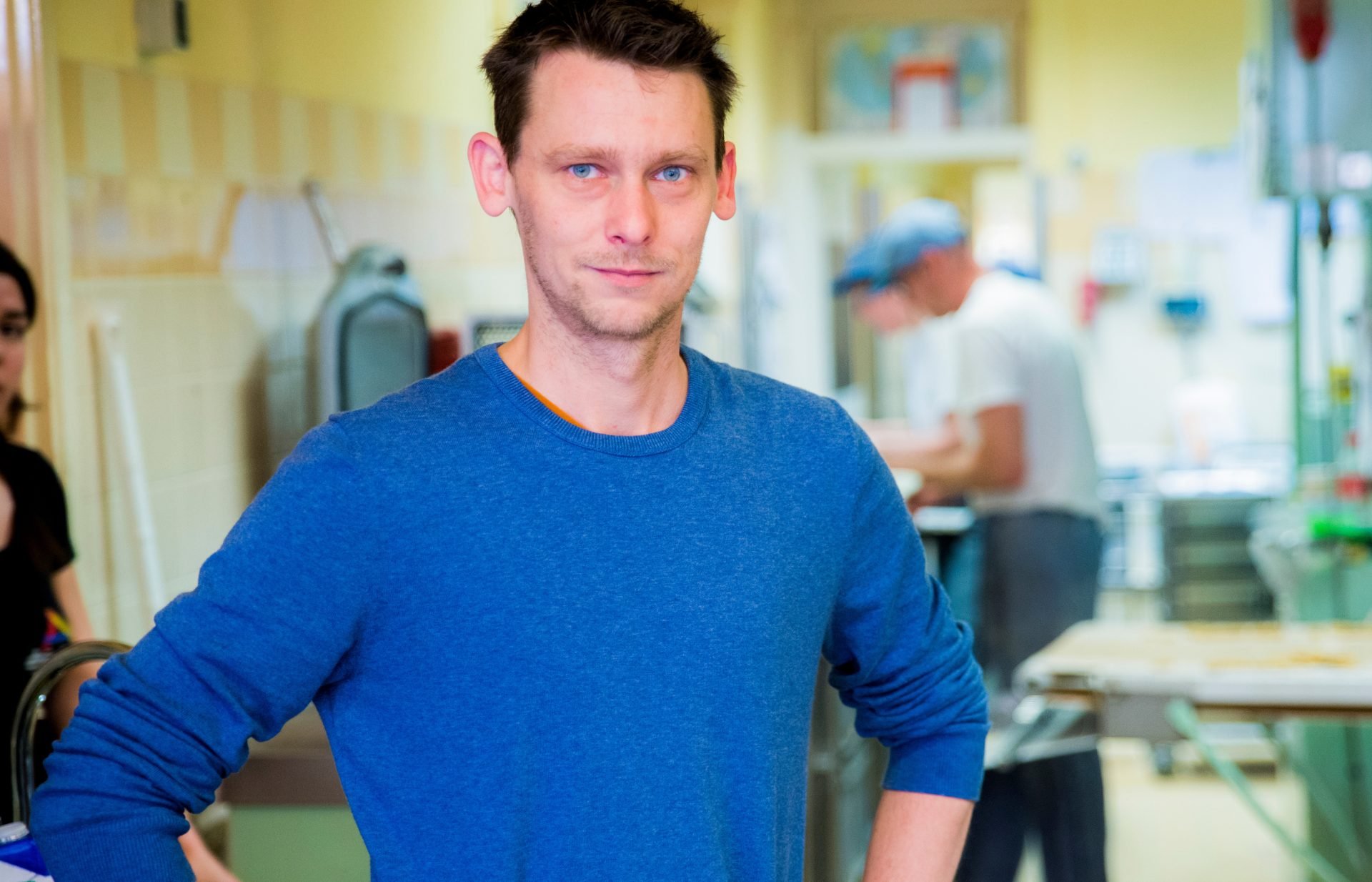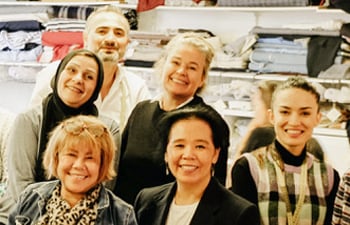Stichting DOEN ondersteunt pioniers die een ondernemende aanpak gebruiken om met oplossingen te komen voor een betere wereld. Lees het verhaal van Selam Zeru, CEO van de Digital Blacksmiths, een Keniaans bedrijf dat afvalmateriaal gebruikt als grondstof voor 3D-geprinte producten.
Initially with this job I was really excited just by the tech side of things. I did some research, reading about Kenya, reading about wastemanagement. Suddenly I read this story about a massive dump in Nairobi where people lived by and lived off of it. They go there to collect stuff that they can sell or even eat. There is a conflict of interest where environmentalists want to get rid of the dump cause it is such an hazard, but the people that live near it actually don’t want it to go away because it is their livelyhood. I got very emotional reading this. It struck me how dangerous and what a kind of social impact waste can be. I thought about how we could work with people that are collecting waste. How can you empower people who don’t have the means to do anything with that waste.
Digital Blacksmiths is not the only one that have a business in 3d printing in Kenya. There are already other people doing it. The difference is that we are using it as a tool to do other things. We work with wastemanagement. And we are looking for people that can actually use the products that we print so we can build a businessmodel around it. That is like the next level of innovation.
Before we had even printed the microscope, we visited a school in Nairobi and used an early design to show it to science teachers. I will never forget the look on their faces. They had been teaching science and they had never seen an actual cell before! That really moved me. Thinking of the many people that are in that same position. And also of the number of other types of products we could make that can have that kind of impact.
I don’t think we would be here right now if we weren’t been supported by the DOEN Foundation. Your focus has been sort of reimaginitive: how can people make money using the circular model, making the world a better place to live in at the same time. That kind of full picture makes me feel like you understand who we are and what we are doing properly.
Right now we’ve hit this ephinate moment where we’ve done the process from beginning to end. It has been scrappy, it has been low cost, you know, it has been dealing with prototypes. Now we are ready to push everything to a high level of excellence. Taking stuff from prototype to proper designs. We are all excited of what the next stages are going to look like.
Tekst: Indra Heerkens
Stichting DOEN ondersteunt pioniers die een ondernemende aanpak gebruiken om met oplossingen te komen voor een groene, sociale en creatieve samenleving.
DOEN ondersteunt Digital Blacksmiths met een subsidie. In lokale hubs in Nairobi bouwen en verkopen ondernemers 3D printers. Ze leren anderen met de printers om te gaan en kunnen lokaal ontworpen producten (zoals microscopen) printen van gerecycled afval. Dit heeft een positief effect op de economie en het milieu. De bijdrage van DOEN helpt het netwerk van Digital Blacksmiths uit te breiden en het productassortiment te vergroten.
www.digitalblacksmiths.org


